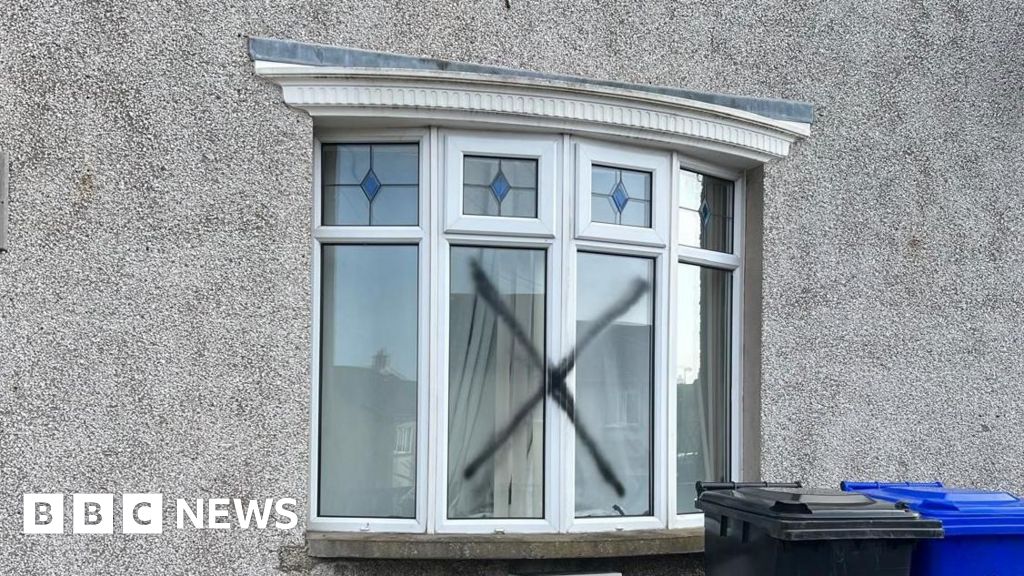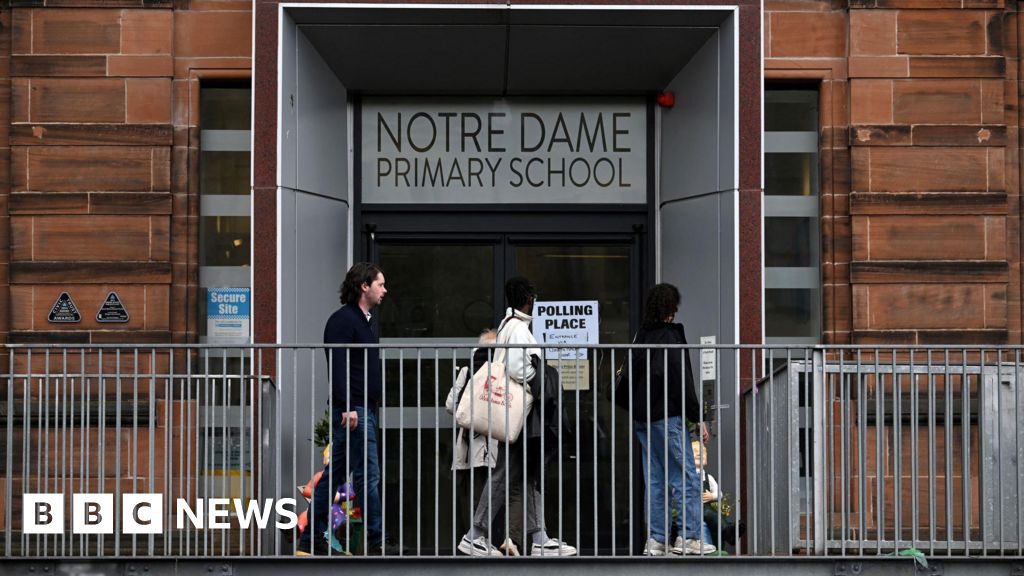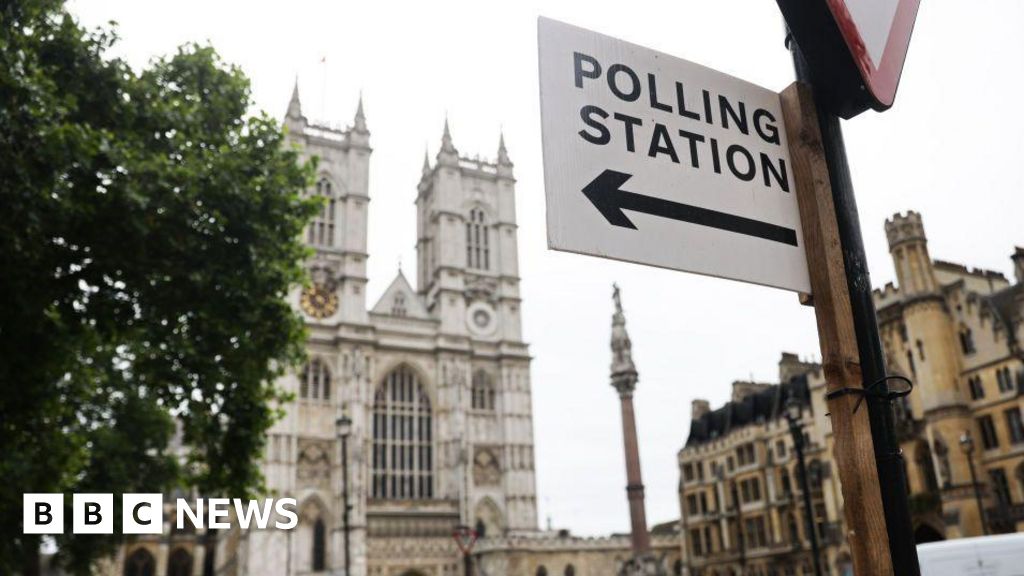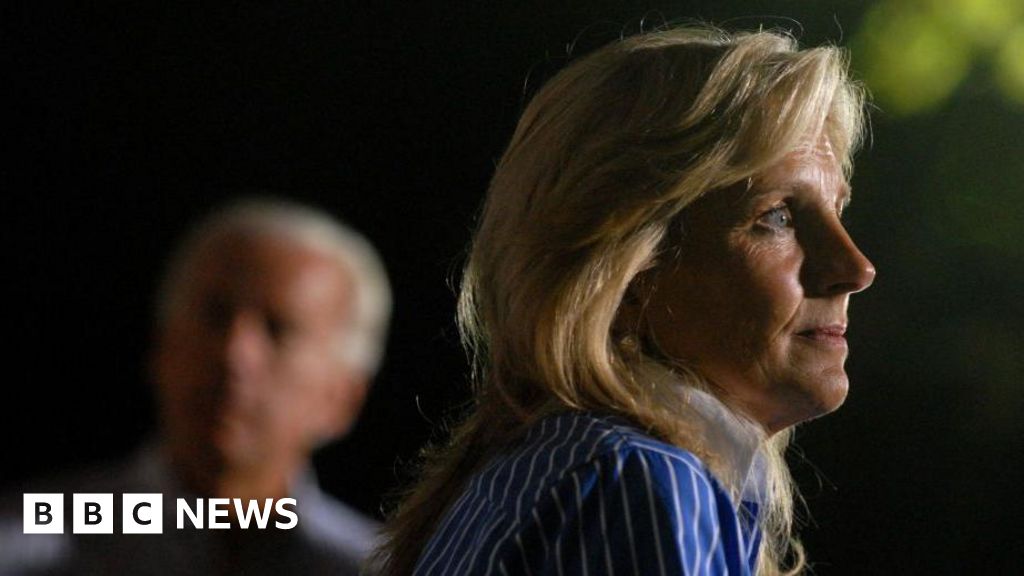Even After Supreme Court Abortion Ruling, Idaho’s Hospitals Are Scrambling
A group of doctors joins abortion rights supporters at a rally outside the Supreme Court on April 24, 2024. Photo: Getty Images Last week, the Supreme Court ruled that doctors in Idaho can provide pregnant people with emergency abortion care without fear of prosecution… at least for now. Prior to this ruling, Moyle v. United States, Idaho’s abortion ban only included a narrow exception to prevent imminent death, offering no guidance or clarity beyond that. The ruling's a relief, even if it isn’t conclusive and litigation will likely be ongoing. But health care workers and Idaho officials say the situation in the state remains dire—since the abortion ban previously threatened doctors with two to five years in prison and loss of their medical license, medical talent has fled the state en masse. On Friday, Idaho’s Democratic Party Chair Lauren Necochea pointed to the direct impacts of the sweeping abortion ban on the state of maternity care in Idaho, particularly in rural stretches of the state where access to health care was already severely strained before Roe v. Wade was overturned. “Idaho provides a terrifying cautionary tale for our nation,” Necochea said in a statement. “Our small state has lost nearly a quarter of our OBGYNs, over half our maternal and fetal medicine specialists, and three labor and delivery wards.” A report from earlier this year showed about 22% of OBGYNs in Idaho stopped practicing after the abortion ban took effect in 2022. Also following last week’s ruling, Dr. Caitlin Gustafson, president of the Idaho Coalition for Safe Healthcare and a family physician who’s practiced in rural parts of the state for over 20 years, said Idaho’s “health care system is in crisis.” Retaining health care workers within a punishing legal landscape that’s inherently at odds with their ability to do their jobs is a tall if not impossible task. When the Supreme Court heard oral arguments for Moyle in April, St. Luke’s Medical Center in Boise had already been forced to transfer six patients out of state for emergency abortion services unavailable in the state. In March 2023, the first hospital based in a rural part of Idaho announced that it had shuttered its labor and delivery department after almost all of its staff left out of fear of being prosecuted for offering any pregnancy-related care that could be construed as abortion. “The legal/political climate in Idaho poses a barrier specific to recruitment and retention,” a spokesperson for the hospital, Bonner General Health, said in a statement to Jezebel at the time. The spokesperson explained that “the decision to close Labor and Delivery services was based on the ability to ensure patient safety,” threatened by lack of staffing. “Highly respected, talented physicians are leaving. Recruiting replacements will be extraordinarily difficult,” a press release announcing the department’s closure read. The hospital also cited concerns about the legal threats physicians face as a direct result of the ban: “The Idaho Legislature continues to pass bills that criminalize physicians for medical care nationally recognized as the standard of care. Consequences for Idaho physicians providing the standard of care may include civil litigation and criminal prosecution, leading to jail time or fines.” Greg Morrison, the president of the Idaho Hospital Association, told Northwest Public Broadcasting last week that “several of our members are struggling to hire OBGYNs” as well as maternal fetal medicine doctors. “Those searches are going sometimes six months, eight months, even up to a year before they can find somebody that’s willing to come and practice that kind of medicine." Moyle concerned whether Idaho’s abortion ban could be fully enforced under the…
A group of doctors joins abortion rights supporters at a rally outside the Supreme Court on April 24, 2024. Photo: Getty Images Last week, the Supreme Court ruled that doctors in Idaho can provide pregnant people with emergency abortion care without fear of prosecution… at least for now. Prior to this ruling, Moyle v. United States, Idaho’s abortion ban only included a narrow exception to prevent imminent death, offering no guidance or clarity beyond that. The ruling's a relief, even if it isn’t conclusive and litigation will likely be ongoing. But health care workers and Idaho officials say the situation in the state remains dire—since the abortion ban previously threatened doctors with two to five years in prison and loss of their medical license, medical talent has fled the state en masse. On Friday, Idaho’s Democratic Party Chair Lauren Necochea pointed to the direct impacts of the sweeping abortion ban on the state of maternity care in Idaho, particularly in rural stretches of the state where access to health care was already severely strained before Roe v. Wade was overturned. “Idaho provides a terrifying cautionary tale for our nation,” Necochea said in a statement. “Our small state has lost nearly a quarter of our OBGYNs, over half our maternal and fetal medicine specialists, and three labor and delivery wards.” A report from earlier this year showed about 22% of OBGYNs in Idaho stopped practicing after the abortion ban took effect in 2022. Also following last week’s ruling, Dr. Caitlin Gustafson, president of the Idaho Coalition for Safe Healthcare and a family physician who’s practiced in rural parts of the state for over 20 years, said Idaho’s “health care system is in crisis.” Retaining health care workers within a punishing legal landscape that’s inherently at odds with their ability to do their jobs is a tall if not impossible task. When the Supreme Court heard oral arguments for Moyle in April, St. Luke’s Medical Center in Boise had already been forced to transfer six patients out of state for emergency abortion services unavailable in the state. In March 2023, the first hospital based in a rural part of Idaho announced that it had shuttered its labor and delivery department after almost all of its staff left out of fear of being prosecuted for offering any pregnancy-related care that could be construed as abortion. “The legal/political climate in Idaho poses a barrier specific to recruitment and retention,” a spokesperson for the hospital, Bonner General Health, said in a statement to Jezebel at the time. The spokesperson explained that “the decision to close Labor and Delivery services was based on the ability to ensure patient safety,” threatened by lack of staffing. “Highly respected, talented physicians are leaving. Recruiting replacements will be extraordinarily difficult,” a press release announcing the department’s closure read. The hospital also cited concerns about the legal threats physicians face as a direct result of the ban: “The Idaho Legislature continues to pass bills that criminalize physicians for medical care nationally recognized as the standard of care. Consequences for Idaho physicians providing the standard of care may include civil litigation and criminal prosecution, leading to jail time or fines.” Greg Morrison, the president of the Idaho Hospital Association, told Northwest Public Broadcasting last week that “several of our members are struggling to hire OBGYNs” as well as maternal fetal medicine doctors. “Those searches are going sometimes six months, eight months, even up to a year before they can find somebody that’s willing to come and practice that kind of medicine." Moyle concerned whether Idaho’s abortion ban could be fully enforced under the…


































/cdn.vox-cdn.com/uploads/chorus_asset/file/25517480/2023_Amazon_Fire_HD_10_Lifestyle_Press_Image_2.jpg)
/cdn.vox-cdn.com/uploads/chorus_asset/file/24110035/226347_Kindle_SVasani_0004.jpg)



















































![Netflix Horizon Zero Dawn TV Show Reportedly In Trouble [Update]](https://i.kinja-img.com/image/upload/c_fill,h_675,pg_1,q_80,w_1200/cc9a42c0341c691ff31e3f12daeddc34.jpg)





























